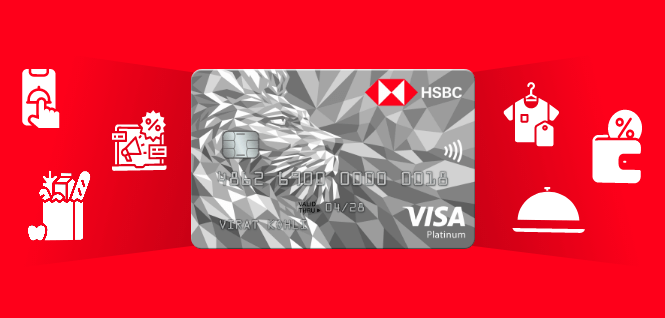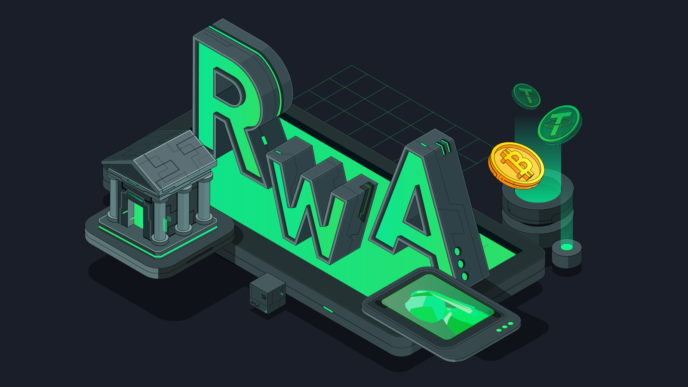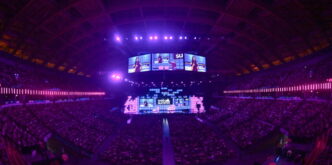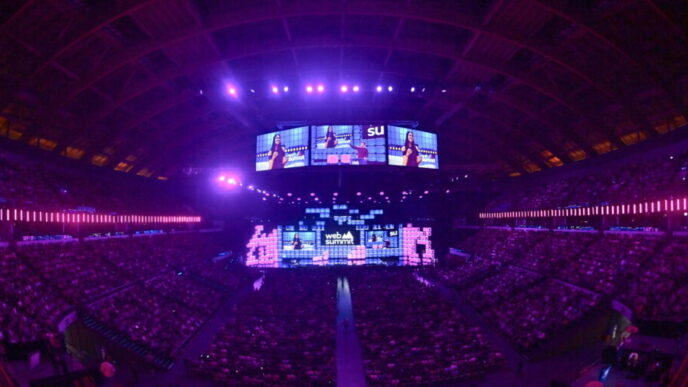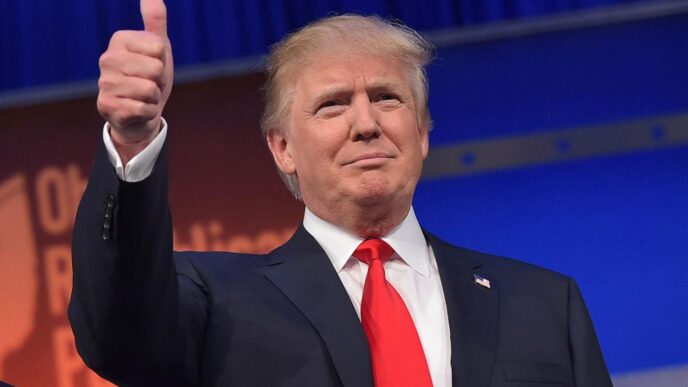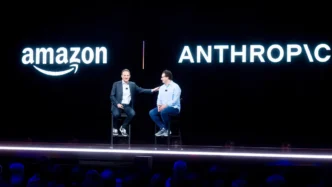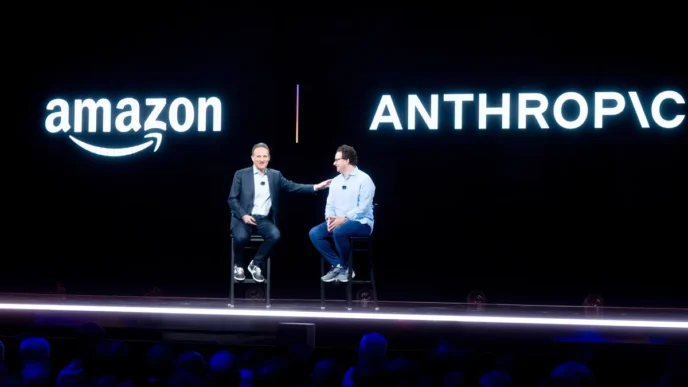Football, often called the “beautiful game,” is entering a new era—one where blockchain technology and Web3 innovations are redefining the relationship between clubs and their fans. No longer are supporters merely spectators; they are becoming integral participants, empowered to own, influence, and interact with their favorite teams in unprecedented ways.
This digital revolution, fueled by Web3, is bridging the gap between fans and clubs, creating a sense of ownership and loyalty that traditional engagement methods could never match. Clubs are now leveraging tools like blockchain-based tokens, decentralized apps, and digital collectibles to strengthen ties with their communities, turning fandom into a shared journey of influence and collaboration.
A New Wave of Ownership: FC St. Pauli’s Bold Move
One standout example of this revolution is FC St. Pauli’s trailblazing initiative. In November, the German football club made waves by inviting fans to buy shares in its iconic Millerntor Stadium. This wasn’t just a publicity stunt; it was a genuine opportunity for supporters to own a tangible piece of their club.
The response has been overwhelming. As of Monday, 6,650 fans have joined the Football Cooperative Sankt Pauli eG (FCSP eG), pledging over €8.6 million in investments. With a target of €30 million and each share priced at €850, this initiative is more than a fundraising tool—it’s a testament to the club’s commitment to democracy in football.
“The cooperative is the perfect model for St. Pauli,” said club president Oke Göttlich. “It gives members and fans a stake under a general democratic rule—everyone has one vote, regardless of the number of shares purchased.”
This approach isn’t just about generating revenue; it’s about deepening the bond between club and community, making fans an integral part of the team’s journey and success.
Digital Collectibles: Chelsea FC’s Innovative Approach
On the other side of the spectrum, Chelsea FC has embraced Web3 by introducing digital collectibles. These unique tokens serve as mementos for fans, offering them a sense of belonging to the club’s global community.
Unlike St. Pauli’s stadium shares, these digital assets don’t offer physical ownership. However, they provide fans with a new way to connect, blending the traditions of fandom with the innovations of the digital age.
Fan Tokens: A Game-Changer in Engagement
Fan tokens are perhaps the most dynamic tool in the Web3 arsenal. Teams like Paris Saint-Germain (PSG), FC Barcelona, and Manchester City are leading the charge, offering supporters a chance to hold a stake in their favorite clubs—albeit digitally.
PSG, an early adopter, launched its fan token in 2020. Today, the token trades at around $2.70, with holders enjoying perks like voting rights on club decisions, exclusive content, and VIP experiences. Barcelona’s token, launched in the same year, has a market capitalization of over $17 million, enabling fans to influence aspects like minor club policies and content creation.
Juventus took this concept even further by letting fans vote on pre-game playlists, adding a personal touch to matchday experiences. These initiatives have proven especially popular with younger audiences, blending their love for the game with the appeal of digital innovation.
Alexandre Dreyfus, CEO of Socios.com, sums it up: “The sports industry is shifting from a passive fan base to an active fan ecosystem, where supporters have real influence.”
Beyond Engagement: The Financial and Emotional Impact
Web3’s impact on football isn’t just emotional—it’s financial. Blockchain analytics show that football-related tokens have grown significantly, with the total market value rising by nearly 40% from 2023 to 2024. Clubs like PSG and Barcelona have turned fan tokens into sustainable revenue streams, helping them navigate financial challenges while fostering deeper connections with supporters.
St. Pauli’s cooperative model and PSG’s multimillion-dollar token sales highlight the dual benefits of Web3: empowering fans while securing vital funds for clubs.
For fans, the experience is transformative. They’re no longer passive observers but active participants with a voice in their club’s future. Whether voting on a jersey design or owning a share of a stadium, fans now play a direct role in shaping the identity and direction of their teams.
The Future of Football in the Web3 Era
Web3’s influence on football is just beginning. Experts predict that blockchain-based tools will become standard, fostering closer, more interactive relationships between clubs and fans. The sports blockchain market is projected to grow at a 9% annual rate over the next five years, signaling a shift that could redefine the fan experience.
Football, the world’s most popular sport, is embracing this digital transformation, setting the stage for a more inclusive, connected future. As clubs like St. Pauli, PSG, and Manchester City continue to innovate, the line between fan and club will blur, creating a new paradigm where loyalty, engagement, and ownership go hand-in-hand.
The game isn’t just evolving—it’s becoming more beautiful in the digital age.






